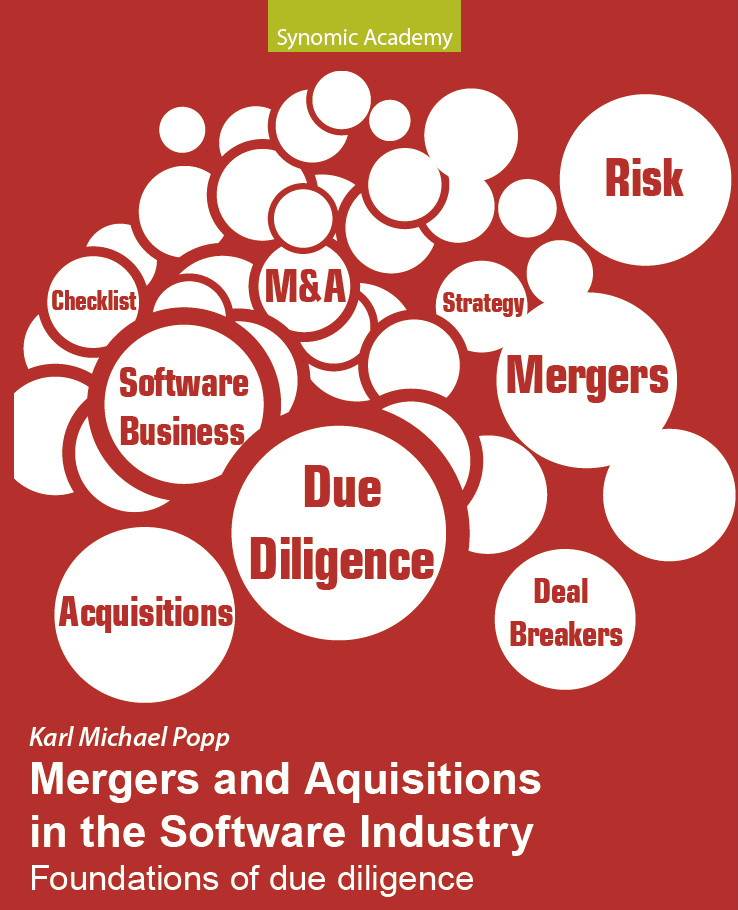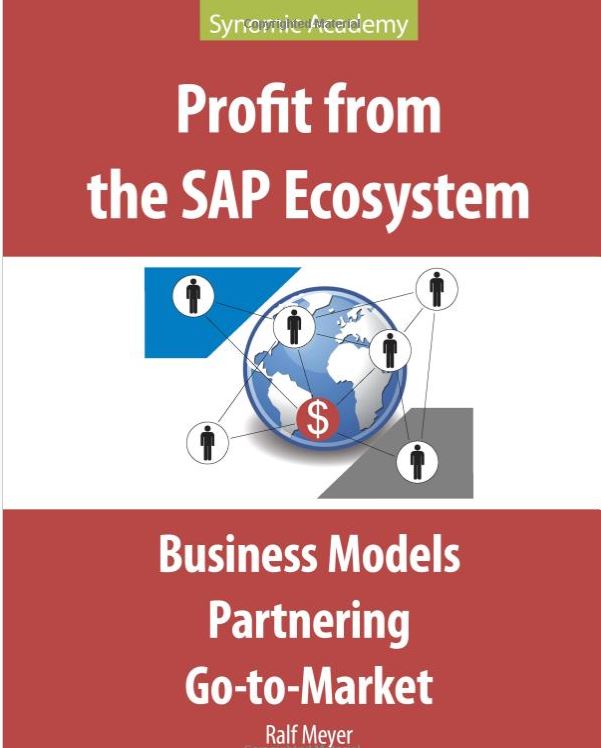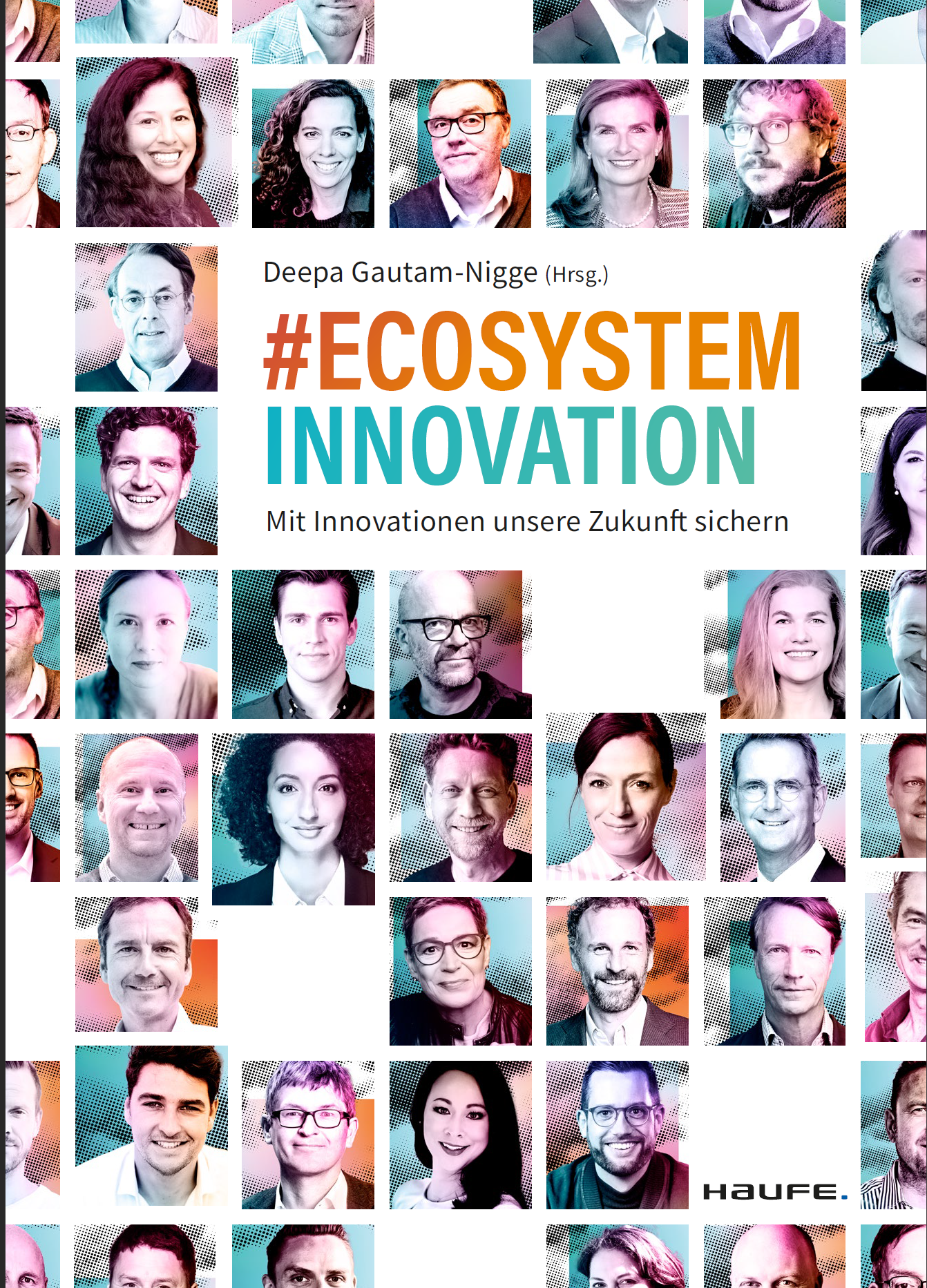Aggregator business models: Ten aggregator company examples
The framework of aggregator business models is regularly adopted in environments where consumers become involved in the acquisition of products or services amid a market characterized by fragmentation and diversity. Below, I present a comprehensive enumeration of ten distinct examples of companies that operationalize aggregator business models:
Uber: The dominant player in the ride-hailing sector, Uber effectively consolidates the availability of drivers and riders through its sophisticated digital platform, which facilitates the seamless process for users to request and financially compensate for rides from an extensive network of available drivers.
With its unique platform, Airbnb skillfully unites property hosts eager to rent and guests on the lookout for places to stay, facilitating public listings for hosts and giving guests a simple means to reserve a range of lodging options.
Amazon: The e-commerce behemoth, Amazon, serves as a crucial aggregator by connecting third-party sellers with prospective buyers through its expansive marketplace, which not only provides a digital venue for sellers to list and sell their diverse array of products but also affords buyers the convenience of purchasing these items with ease.
Expedia: In the realm of travel services, Expedia operates as an aggregator by linking travel suppliers, such as airlines and hotels, with customers seeking to book flights, accommodations, and other travel-related services from a diverse array of providers available on its platform.
Grubhub serves as a nexus joining food providers and eaters, employing its interface to enable users to easily request meals for delivery or collection from a wide spectrum of eating choices, thus enhancing the overall dining adventure.
Upwork: Acting as a crucial intermediary, Upwork aggregates freelance professionals and businesses on its platform, thereby creating a marketplace that allows businesses to efficiently hire freelancers with varying skill sets for an assortment of projects.
Zillow: Zillow plays a vital role in the real estate market by aggregating property listings and potential buyers, offering a platform that empowers buyers to thoroughly search for and acquire homes from a diverse range of sellers in the housing market.
OpenTable functions as a connector, matching restaurants with customers, delivering an intuitive interface that empowers users to conveniently arrange reservations across a diverse range of restaurants, thus improving the dining experience.
TaskRabbit brings together individuals looking for help with tasks such as cleaning, moving, and handyman services, alongside taskers prepared to tackle these jobs, facilitating effortless service transactions.
Etsy operates as a collective space for artists and buyers, enabling makers to exhibit and sell their handcrafted and vintage items to a wide range of interested customers, consequently encouraging a special market dynamic.
In a unified manner, these enterprises illustrate the functionality of aggregator business models as they adeptly facilitate connections between suppliers and patrons through their advanced technological frameworks, producing meaningful value for everyone implicated. By leveraging innovative tech solutions, they build effective marketplaces that empower suppliers to broaden their market reach, thus giving customers a chance to explore an extensive array of products and services.
Now, continue to
Revenue Models For Aggregator Companies
Ten steps to create an aggregator company
Aggregator business models: full story and future trends
Platform Business Models – the basics
Building on the shoulders of giants. Shortcuts to Platform Business Success
Let´s talk about this topic. Book a one hour consultation with me below.
Join a one hour consultation on mergers and acquisitions topics with Dr. Karl Michael Popp. Enjoy the deep insights from many successful acquisitions and integrations. After ordering, we will swiftly set up an online meeting.
What’s in it for you
Strategic Growth Insights and Partnership Opportunities
Dr. Popp has extensive experience in managing mergers, acquisitions, and strategic partnerships—having overseen over 50 partnerships and more than 35 acquisitions and integrations in the software industry, many at SAP. Speaking with him could offer you valuable guidance on scaling your company , exploring inorganic growth strategies, and potentially finding partnership models that could help expand its reach beyond its current client base.
Best Practices in Digitization, AI, and Ecosystem Integration
Dr. Popp is a recognized expert in digitizing M&A processes, business model innovation, and building successful software platforms and ecosystems. A conversation could enable knowledge exchange on leveraging AI, digitization, and integration into broader software ecosystems, enhancing product offerings and increasing customer value
Applicable VAT will be added to the fees.










